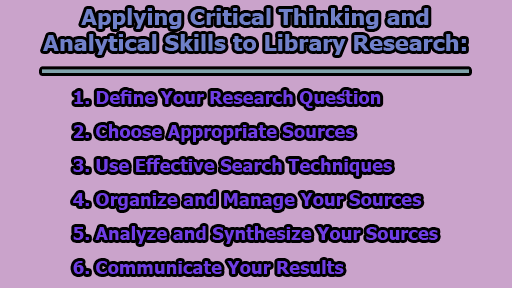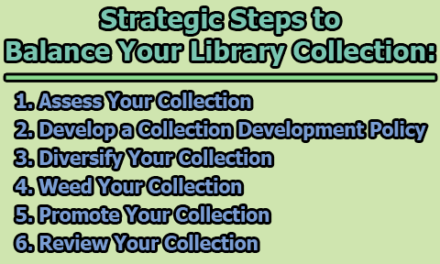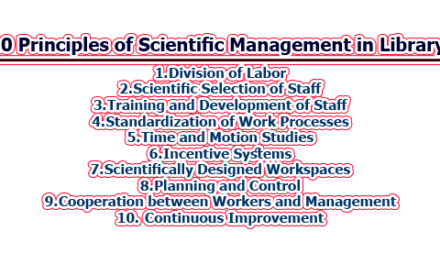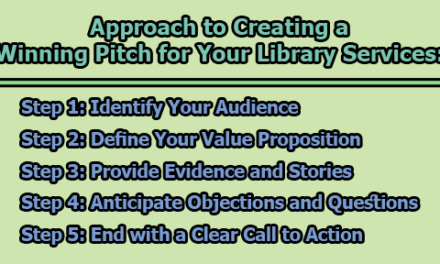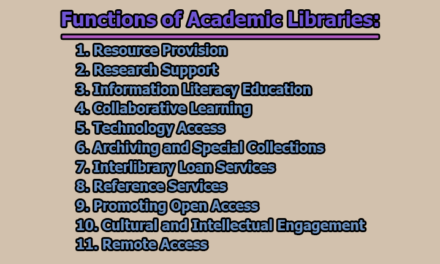Applying Critical Thinking and Analytical Skills to Library Research:
Library research is an essential part of academic and intellectual pursuits. To conduct meaningful and effective research, it is imperative to apply critical thinking and analytical skills. In this article, we will explore applying critical thinking and analytical skills to library research, emphasizing the importance of a clear research question, source selection, effective search techniques, source organization, analysis, synthesis, and the communication of research results.
1. Define Your Research Question: Before embarking on any research endeavor, you must define a clear and focused research question. A well-constructed research question is specific, relevant, original, and answerable. To aid in this process, the PICO framework, which stands for Population, Intervention, Comparison, and Outcome, can be used. For instance, if you’re interested in the effects of social media on mental health, your research question might be: “How does social media use affect the mental health of college students compared to non-users?” A precise question provides direction, allowing you to narrow down your topic and focus your efforts effectively.
2. Choose Appropriate Sources: Selecting the right sources is crucial in library research. Depending on your research question and purpose, you’ll need different types of sources. These may include books, journals, newspapers, websites, databases, and reports. Each source has its strengths and limitations, and you should evaluate them based on criteria like credibility, currency, accuracy, relevance, and bias. The CRAAP test, which assesses Currency, Relevance, Authority, Accuracy, and Purpose, can be a useful tool for source evaluation. For instance, when seeking recent and reliable data on social media use, a peer-reviewed journal article might be preferable over a blog post.
3. Use Effective Search Techniques: Finding relevant and reliable sources requires the use of effective search techniques. Keywords and phrases should align with your research question and topic without being too broad or too narrow. Employ Boolean operators (AND, OR, NOT) to combine or exclude keywords, use quotation marks for exact phrases, and use truncation (*) to search for word variations. Additionally, filters and advanced search options can help refine your results by factors like date, language, format, or subject.
4. Organize and Manage Your Sources: Once you have gathered your sources, it’s essential to organize and manage them systematically. This helps you keep track of your materials, prevent duplication, and ensure proper citation. Citation management tools like Zotero, Mendeley, or EndNote can assist in storing, organizing, and generating citations for your sources. Online platforms such as Google Drive, Dropbox, or OneDrive can be used for easy access from anywhere. Spreadsheets or databases are also useful for recording and analyzing sources by creating tables, charts, graphs, and formulas.
5. Analyze and Synthesize Your Sources: Analyzing and synthesizing sources is the core of your library research. Analysis involves breaking down your sources into individual parts and examining their meanings, implications, and connections. Synthesis, on the other hand, involves combining your sources into a cohesive and meaningful whole, demonstrating how they relate to your argument or perspective. Tools such as highlighters, sticky notes, comments, mind maps, outlines, diagrams, tables, matrices, and charts can be used to facilitate this process. These strategies help you evaluate and synthesize the strengths, weaknesses, and similarities of your sources.
6. Communicate Your Results: Once your library research is complete, it’s essential to communicate your findings to your intended audience and purpose. This may involve writing a paper, giving a presentation, creating a poster, or making a video. Regardless of the format you choose, a clear and logical structure is vital to present your argument or perspective coherently. Using appropriate language and style will engage and persuade your audience effectively. Furthermore, proper citation and referencing must be employed to acknowledge sources and avoid plagiarism, respecting the intellectual property and ethical standards of academic work.
In conclusion, applying critical thinking and analytical skills to library research is a fundamental aspect of academic excellence. By defining a clear research question, selecting appropriate sources, using effective search techniques, organizing and managing sources, analyzing and synthesizing information, and effectively communicating results, researchers can conduct high-quality and impactful research that contributes to their field of study and knowledge.

Library Lecturer at Nurul Amin Degree College

